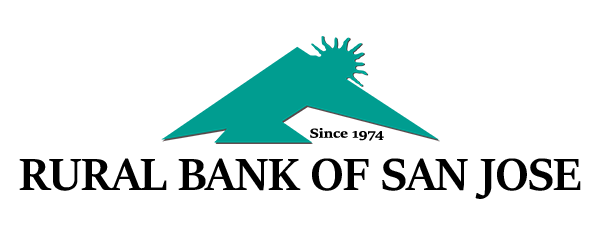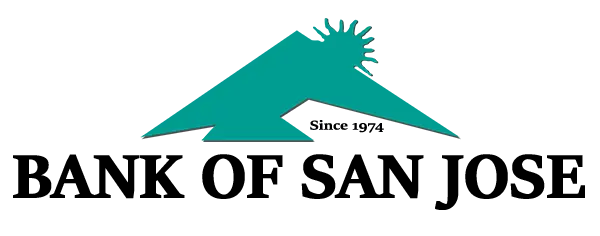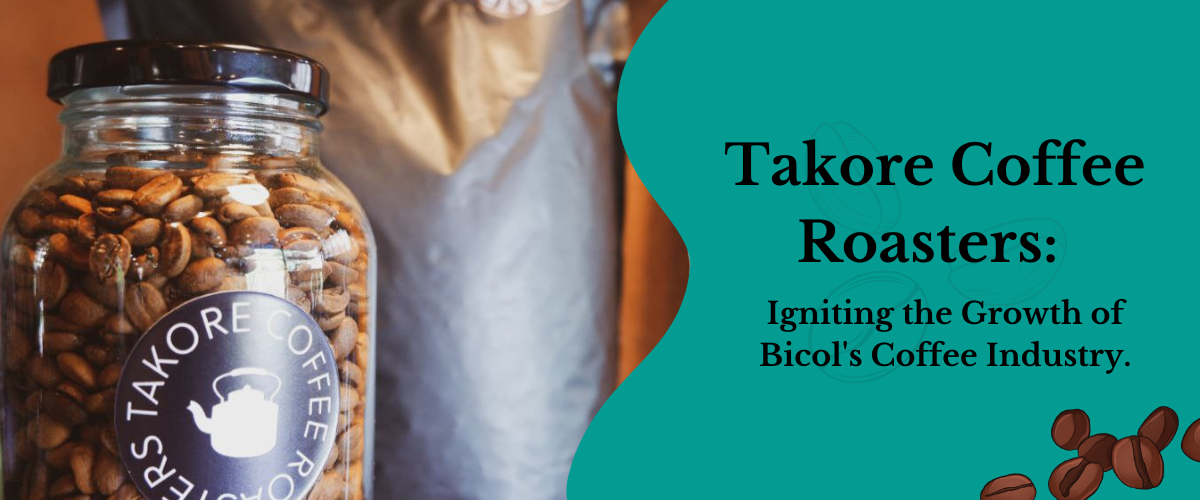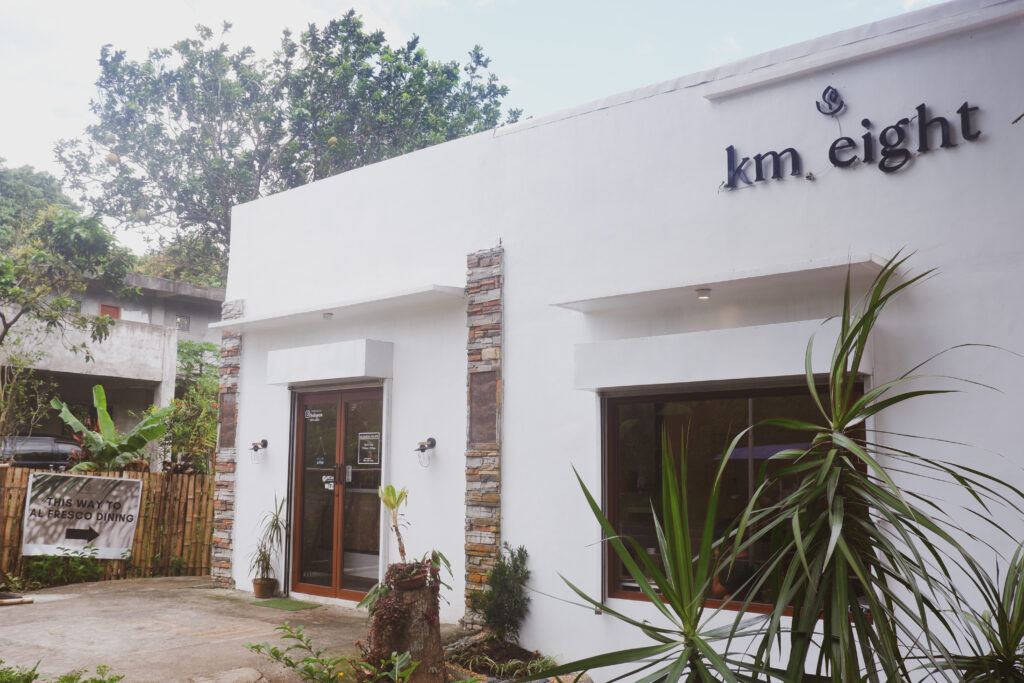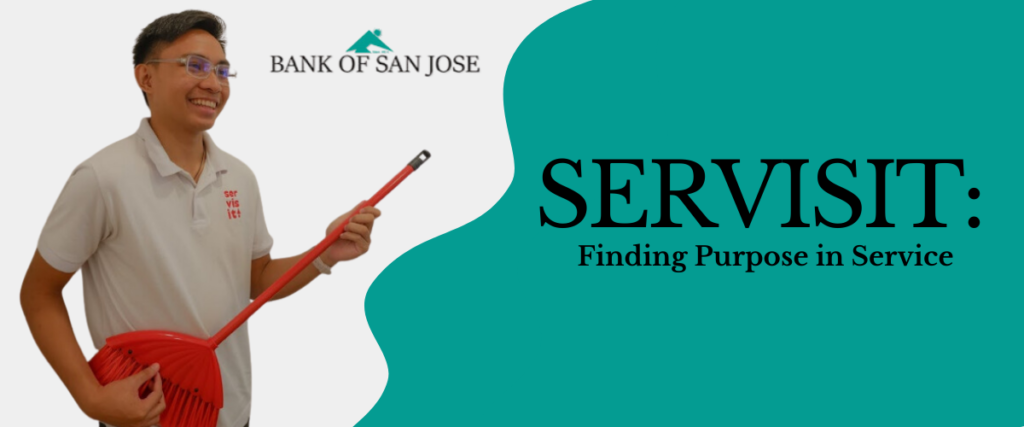
Takore Coffee Roasters is a local brand of roasted coffees sourced in the Philippines, around the world, and locally harvested coffees by local farmers at the majestic Mt. Isarog. It is not known to many locals that Mt. Isarog is abundant with coffee trees that were planted way back in the 70s-80s by an instant coffee company. With the Bicol Region’s geographic location and it being often visited by typhoons, the instant coffee company lost its interest in growing and harvesting the coffee trees. However, with the recent years as the typhoon’s usual track towards the Bicol Region diverted, the coffee trees started to gain momentum to grow with a lot of coffee cherries.
In 2023, an intervention was made by the Department of Trade and Industry (DTI) in which they connected Mr. Marion Briz of Takore Coffee Roasters to these farmers. The DTI had entrusted Marion with its visions in introducing and expanding the market for the Isarog Coffee. The farmers were delighted with the initiatives because of the joint efforts to help them earn for their harvest. To empower the local coffee industry especially the farmers of Isarog Coffee, Marion suggested a business model in which the farmers will not only grow and process the coffees but will learn too on how the industry works including wholesale, retailing, and café operations.

Marion was the one behind the idea of the Isarog Coffee branding. DTI was thinking of a brand that would have an impact that would originally represent it as homegrown and local. Marion had suggested to make it simple and name it after the mountain where they get the coffee and perhaps that’s how the industry addresses some coffee origins across the globe. He also thought that it will be a hype since it will be the first time that there will be a Bicol coffee origin. Also, instead of capitalizing for the hype formed in this project, he thought of giving back to the farmers who worked hard in growing and processing the coffee.
Marion proposed to buy the coffee cherries from farmers at P100 per kilo. If it is dry he can buy it up to P200 per kilo. It is a big leap to sustain the price already from its usual P50 per kilo price point, since roasted robusta coffee can be sold up to P600 as commercial grade with all its up to 50% of losses absorbed already. These price points are already at its usual market price given that the quality isn’t there yet, but the roastery is willing to pay and absorb losses just to push the industry forward and keep the farmers initiatives burning.
Currently, Takore Coffee Roasters have around more than 30 partners in which they provide supply for roasted coffee. Although some might not be regular since not everyone gets to be served by the Isarog Coffee due to limited supply on every harvest. Among the partners of Takore Coffee Roasters were UMA Farm Cafe at Sambo Farm in Carangcang, Magarao and Uptown Coffee at Carolina Grill in Carolina, Naga City.

Marion had admitted that in 2019, he started to venture the coffee because he likes watching vlogs of banchettos in other countries. This has inspired him to also make his own. He shared that there is this one banchetto in which it has alot of takore or kettle and has been serving different international coffee origins by just using a kettle. It was a very straightforward serving and amused him. Eventually, this fascination had led Marion to research more about coffee and found out that there are alot of kinds of coffee in the Philippines and that we grow 4 varieties of commercially-viable coffee namely, Robusta, Arabica, Liberica and Excelsa.
Marion first started studying about coffee roasting in 2015 but it was in 2019 when a farmer sent him a coffee that is not yet roasted and saw it as a sign that he has a calling to pursue business in coffee roasting. He immediately bought a palayok because he wanted to apply the Ethiopian Coffee Ceremony he learned in which in Ethiopia, they cook or roast the fresh coffee beans in a flat clay pot (palayok) every 5 pm then brew it. There is certain profile in the palayok that makes the taste of the coffee more unique. This eventually led Marion to start selling and serving coffee at Plaza Rizal in Naga using the coffee sent to him from Bukidnon. They were able to serve 300 servings daily and they were the very first pop-up coffee in the Philippines since they were able to do it pre-pandemic. It was during the 2020 pandemic when pop-up coffee started to boom.



When the pandemic came, Marion made coffee roasting as his pasttime. Before the lockdown, he had few loyal customers at the plaza who convinced him to sell roasted coffee. He was hesitant at first since roasting coffee needs a lot of effort in the making but they were able to convince him still because of the order of his loyal customers who had grandparents who has coffee tree in Ligao, Albay.
Throughout their life, they got used to homegrown coffee that is harvested, roasted and brewed. Finding out about the process and effort that Marion put into the coffee he serves, his loyal customers felt nostalgic and went on to support his small business. When he posted about it, more people ordered evetually ordered from him. Since it was during pandemic, many people just spend more time online and been seeing things that caught their interest.

By that time, Marion didn’t only attracted the homebrewers but also aspiring business owners who wants to put up their own cafes or pop-up coffee. This has expanded the market of, the then Kape Duman, now Takore Coffee Roasters and his supply chain in which they first started to cater home-coffee brewers then eventually became a local business supplier of coffee. Marion admitted that wholesale is what keeps the businesses alive these days. Business owners with cafes and restaurants became their new target market cause it has a lot of impact to the advocacy.
And just like all other entrepreneur, Marion also faced some challenges in the funding to keep his operations going like the lack of fund for the equipment’s to be used by the farmers. They still do not have the equipment for processing. Everything is being done with manual labor. They need drying beds for the harvested cherries and mill it.

So far Marion is still working out to acquire the equipment with the help of DTI and other partner governmnet agencies.They were able to canvass that the equipment they needed for the process would cost them P300,000. They were able to found out that one way to acquire funding is through the cooperatives or farmer’s association. But due to internal conflicts within the cooperatives, the family of farmers detached themselves from cooperatives. This created a delay for them to acquire funds.
However, Marion is pushing through proposing the aid from DTI for a shared service facility for coffee roasting and processing for these farmers and he is willing to teach and train them as well. So far he was able to spend P15,000 as a starting capital to pay the farmers.

Comparing the potential in coffee from palay, Marion knowns that most palay farmers eventually end up selling their land because the new generation is not that interested with agriculture. Also, most of them are contented with having their children finish school and end up getting employed. Coffee, on the other hand can bring in more opportunities for these farmers and their families.
According to him:
Coffee is a high value crop. Kapag ang farmer nakanuod mag roast ning coffee, makanuod maggibu nin coffee shop, kung makatapos man an aki ninda sa pagklase, si value halangkaw parin. Mas maencourage din si aki na magtabang sa magurang ninda sa kape.
While he knows that his advocacies will not make him rich, he still continue paying forward in ways he can and kept his advocacies through Kape Duman Coffee Talks which is a social enterprise. Through Kape Duman Coffee Talks, he was able to share his knowledge about coffee roasting and more. His coffee talks and trainings are for free and would usually charge minimal amount for the coffee used during the training.
“Tabang lang kita nin tabang ta ang karma man kayan pag nagbalik, magayon. Good karma.” He also shared.

As a coffee roaster, Marion also has investors at Takore Coffee Roaster. Although he had also considered loans for the business expansion. A corporation partner with DTI had recently granted them with loan so they are currently looking for a space where they can have their store mainly for coffee since as they have temporarily been serving coffee through Bamboombayan, a chicken restaurant that they also own.
He also shared his personal take on loans, “Dakulang factor ang loans sa business kasi masakit mag-ipon. Pag nag loan ka, makukua mo tulos si fund tapos magagamit mo rin siya agad. Si interes na binabayadan, breakeven lang kasi paka loan mo, na invest mo siya agad sa business para mag rotate si funds. Dakulang tabang talaga ang loans.”
If you are local entrepreneur who would want to venture business but still low on funds, you can avail Bank of San Jose’s Negosyo Loan.
You can make any business venture and endeavor happen with the help of a loan like Marion for Takore Coffee Roasters. The Bank of San Jose supports expansions of local businesses in which entrepreneurs can use an additional working capital or purchase fixed assets through the Negosyo Loan.
